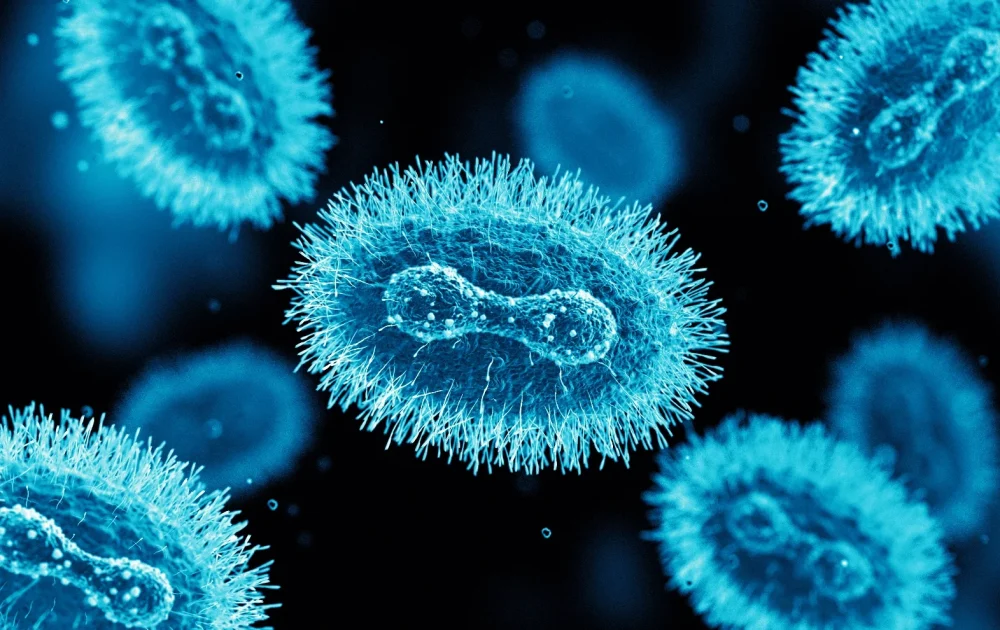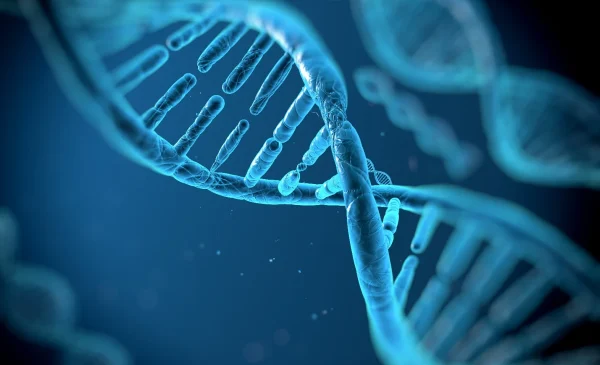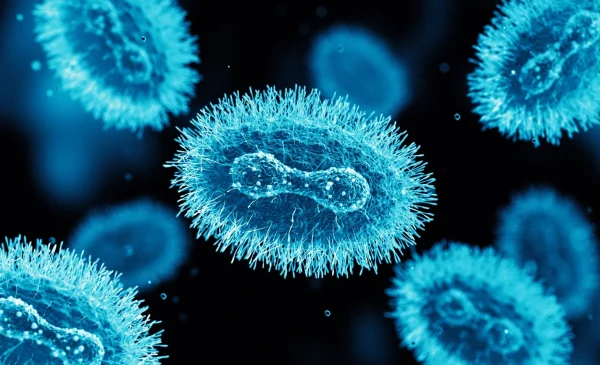The Microbiome
The microbiome (gut) breaks down food for the body to use as energy, but it also plays a vital role in immune system health and how the body fights infection.
Microbiome health is heavily influenced by what we eat and drink, and what we encounter in our environment.

Evidence is emerging that pesticides and herbicides such as glyphosate can adversely affect the gut microbiota causing an imbalance
The importance of gut health
The microbiome is made up of many trillions of bacteria, microbes, and viruses that live in our large intestine. A healthy microbiome can help us maintain healthy organs and bodily functions.
Environmental pollutants and chemicals affect the beneficial microbes in our gut by reducing the levels of ‘good’ bacteria to aid digestion. These imbalances in gut microbiome can lead to a poorly functioning digestive tract.
The relationship between the actions of the microbiome and brain functions, is known as the ‘gut-brain axis’ where the brain and gut can influence the health of the other, both adversely and positively.
Long term exposure to food grown with pesticides might affect the gut barrier and bacteria, but the exact mechanism is unknown.
One hypothesis is that protein clumps known as Lewy bodies that build up in the brain in some forms of dementia and Parkinson’s disease may originate from changes in gut microbiome as a result of exposure to pesticides.
We can test your exposure to a range of everyday chemicals



